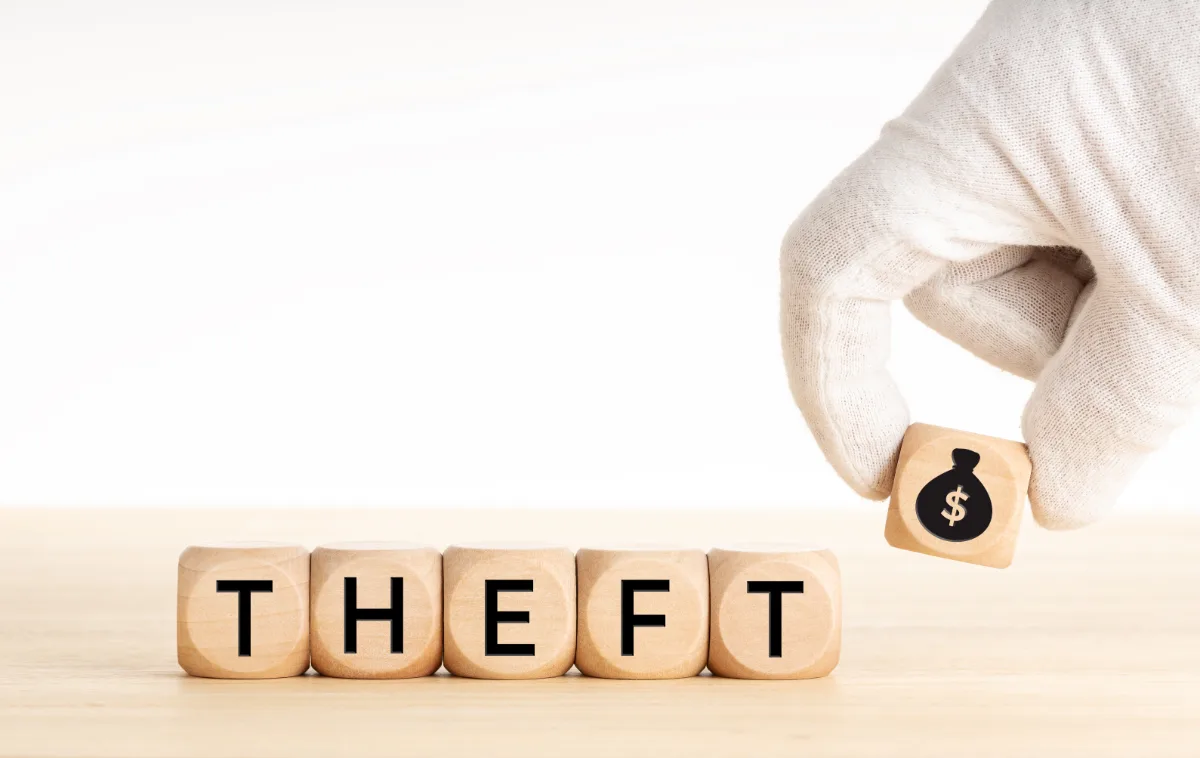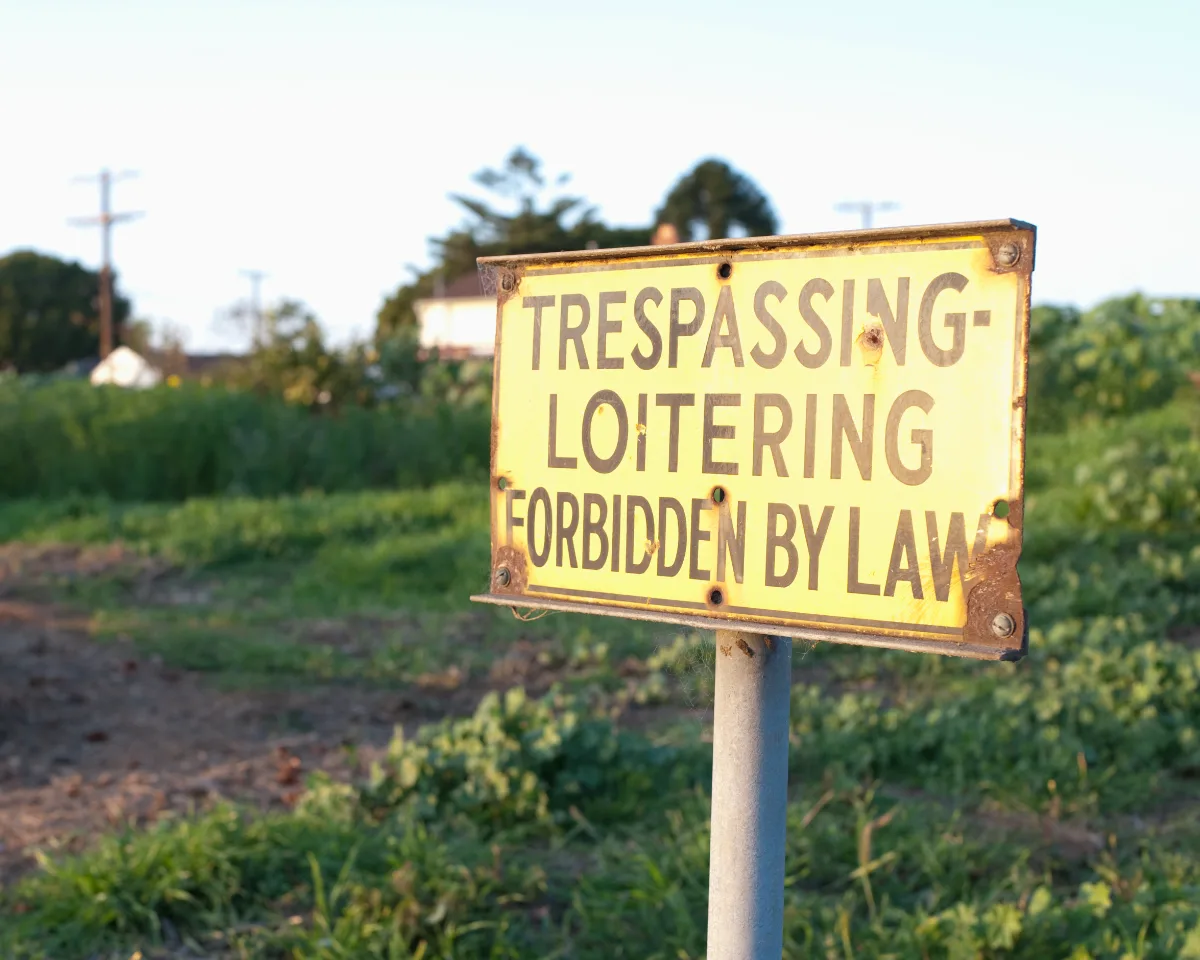WHAT IS TAMPERING WITH IDENTIFICATION NUMBERS IN TEXAS? The Texas law against tampering with identification numbers prohibits removing, altering, or obliterating a serial number or other permanent identification marking on tangible personal property. A person also commits tampering with identification numbers by possessing, selling, or offering to sell property on...













